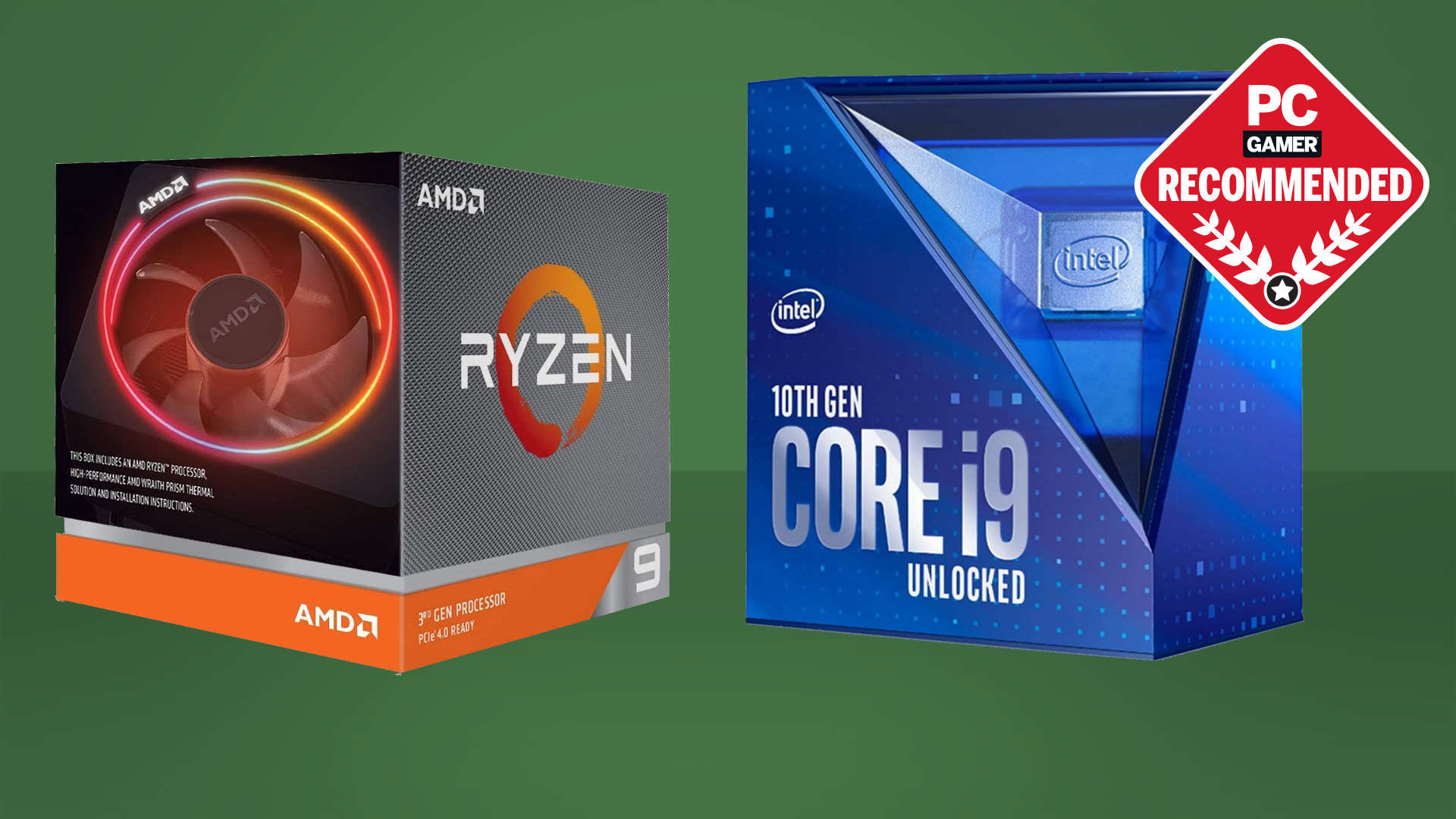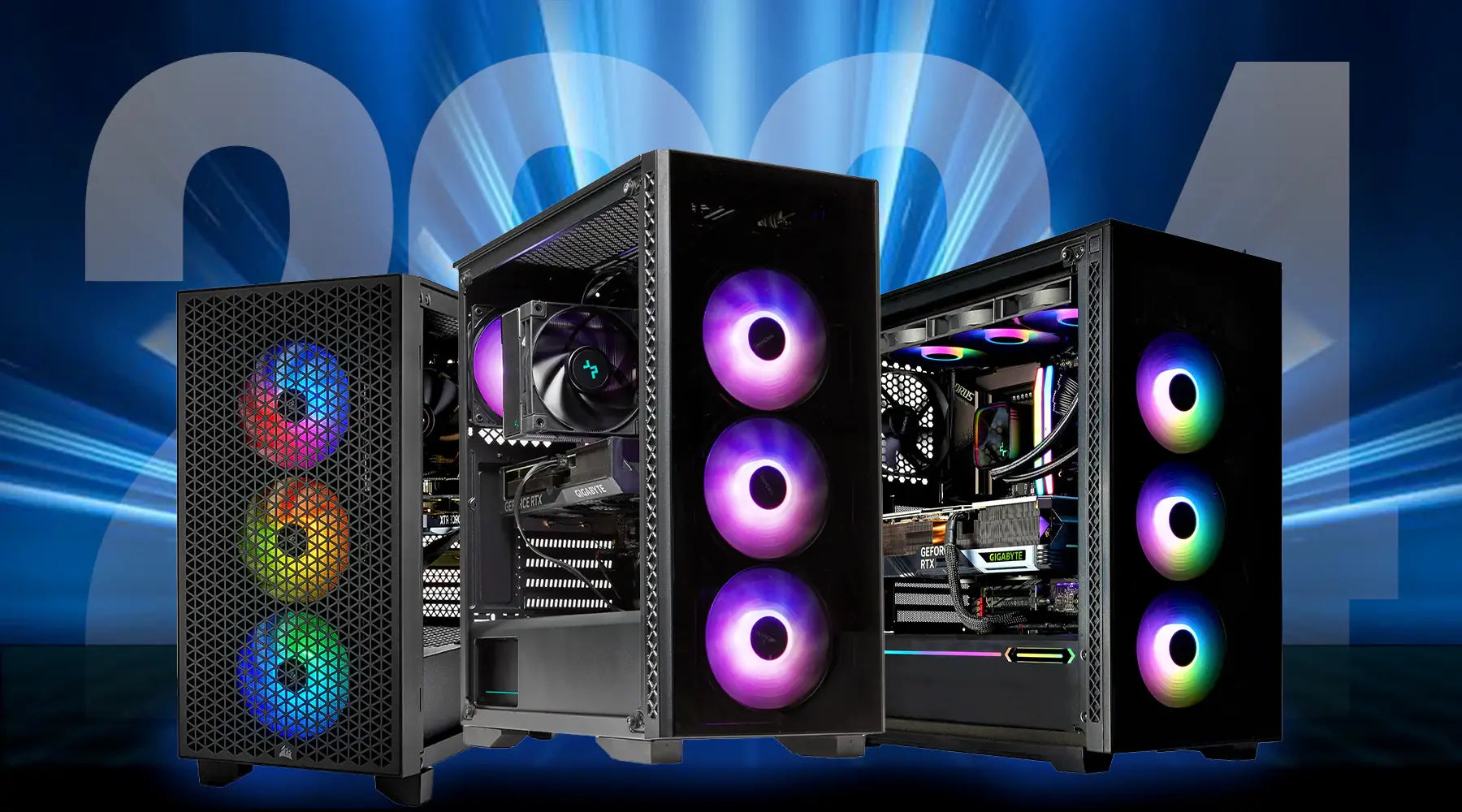
Level Up Your Game: Choosing the Right CPU for Gaming in 2023
The central processing unit, or CPU, is often referred to as the "brain" of your computer. While the graphics card (GPU) gets much of the glory in gaming circles, the CPU plays a crucial role in delivering a smooth and responsive gaming experience. A weak or mismatched CPU can bottleneck even the most powerful GPU, leading to stuttering, low frame rates, and an overall frustrating experience.
Choosing the right CPU for gaming can feel overwhelming. The market is flooded with options from Intel and AMD, each boasting different core counts, clock speeds, and architectures. This article will guide you through the key factors to consider, helping you make an informed decision and level up your gaming experience.
Understanding the CPU’s Role in Gaming
Before diving into specific models and specifications, it’s important to understand how the CPU contributes to your gaming performance. The CPU is responsible for a multitude of tasks, including:
- Game Logic and Physics: The CPU calculates the complex physics of the game world, including object interactions, collisions, and environmental effects.
- AI Processing: The CPU handles the artificial intelligence of non-player characters (NPCs), determining their behavior and actions within the game.
- Audio Processing: The CPU processes the game’s audio, including sound effects, music, and dialogue.
- Input Handling: The CPU interprets your keyboard, mouse, and controller inputs and translates them into in-game actions.
- Draw Calls: The CPU prepares the instructions for the GPU to render the game’s graphics.
- Background Tasks: The CPU manages background tasks such as operating system processes, streaming software, and other applications running simultaneously.
While the GPU is primarily responsible for rendering the visuals, the CPU is the orchestrator, ensuring everything runs smoothly behind the scenes. A powerful CPU can handle these tasks efficiently, allowing the GPU to focus on rendering high-quality graphics at high frame rates.
Key CPU Specifications for Gaming
Several specifications determine a CPU’s performance, and understanding these is crucial for making the right choice.
- Core Count: The core count refers to the number of independent processing units within the CPU. More cores generally allow the CPU to handle more tasks simultaneously, leading to better performance in multitasking and demanding games. Modern games are increasingly utilizing multiple cores to distribute the workload.
- Clock Speed: Clock speed, measured in GHz (gigahertz), indicates how many instructions the CPU can execute per second. A higher clock speed generally translates to faster processing. However, clock speed is not the only factor determining performance; the CPU’s architecture also plays a significant role.
- Architecture: The architecture refers to the internal design and structure of the CPU. Modern CPUs from Intel and AMD utilize different architectures that impact their efficiency and performance. Newer architectures generally offer improved performance per clock cycle and better power efficiency.
- Cache: Cache memory is a small, fast memory area within the CPU that stores frequently accessed data. A larger cache can improve performance by reducing the need to access slower system memory.
- Threads: Threads represent the number of virtual cores that a CPU can handle. Some CPUs feature simultaneous multithreading (SMT), also known as Hyper-Threading in Intel CPUs. This technology allows a single physical core to handle two threads, effectively doubling the number of virtual cores. SMT can improve performance in multithreaded workloads, but its impact on gaming varies depending on the game.
- Socket Type: The socket type refers to the physical interface between the CPU and the motherboard. Ensure that the CPU you choose is compatible with your motherboard’s socket. Common socket types include LGA 1700 (Intel 12th/13th Gen) and AM5 (AMD Ryzen 7000 Series).
- TDP (Thermal Design Power): TDP indicates the maximum amount of heat the CPU is expected to dissipate. This is important for choosing an appropriate cooler to prevent overheating.
Choosing the Right CPU for Your Gaming Needs
The ideal CPU for gaming depends on your budget, the types of games you play, and your desired resolution and frame rates. Here’s a breakdown of recommendations for different gaming scenarios:
- Entry-Level Gaming (1080p, 60 FPS): For gaming at 1080p with moderate settings, a mid-range CPU with at least 6 cores and 12 threads is sufficient. Options include the AMD Ryzen 5 5600 or the Intel Core i5-12400F. These CPUs offer excellent value for money and can handle most games at playable frame rates.
- Mid-Range Gaming (1080p/1440p, 60-144 FPS): For a smoother experience at 1080p or 1440p, consider a CPU with 6-8 cores and 12-16 threads. Good options include the AMD Ryzen 5 7600X or the Intel Core i5-13600K. These CPUs provide a noticeable performance boost over entry-level options and can handle more demanding games with higher settings.
- High-End Gaming (1440p/4K, 60+ FPS): For gaming at 1440p or 4K with high settings and high frame rates, you’ll need a high-end CPU with at least 8 cores and 16 threads. Options include the AMD Ryzen 7 7700X or the Intel Core i7-13700K. These CPUs offer exceptional performance and can handle even the most demanding games with ease.
- Enthusiast Gaming (4K, High Refresh Rate, Streaming): For the ultimate gaming experience, including 4K gaming at high refresh rates, streaming, and other demanding tasks, you’ll want a top-of-the-line CPU with 12+ cores and 24+ threads. Consider the AMD Ryzen 9 7900X/7950X or the Intel Core i9-13900K/13900KS. These CPUs offer unparalleled performance and can handle anything you throw at them.
Intel vs. AMD: The Ongoing Rivalry
The CPU market is dominated by two major players: Intel and AMD. Both companies offer a wide range of CPUs for gaming, each with its own strengths and weaknesses.
- Intel: Intel CPUs are known for their strong single-core performance, which can be beneficial in some games that are not heavily multithreaded. Intel’s flagship CPUs often offer the highest clock speeds. They tend to be a bit more expensive than AMD counterparts.
- AMD: AMD CPUs are known for their excellent multi-core performance and value for money. Ryzen processors often offer more cores and threads at a lower price point compared to Intel CPUs. They are generally the better option for multi-tasking and gaming while streaming.
The best choice between Intel and AMD depends on your specific needs and budget. Research benchmarks and reviews to see how different CPUs perform in the games you play and the applications you use.
Don’t Forget the Motherboard and RAM
When choosing a CPU, remember that it’s only one piece of the puzzle. You’ll also need a compatible motherboard and sufficient RAM to support your gaming needs.
- Motherboard: Ensure that the motherboard you choose has the correct socket type for your CPU. Also, consider features like PCIe 5.0 support, M.2 slots for fast storage, and adequate VRMs (Voltage Regulator Modules) for stable power delivery.
- RAM: Aim for at least 16GB of RAM for modern gaming. 32GB is recommended for more demanding games and multitasking. Choose RAM with a speed of at least 3200MHz for optimal performance. Faster RAM, especially with AMD Ryzen processors, can significantly improve frame rates.
Conclusion
Choosing the right CPU for gaming is a crucial step in building a high-performance gaming PC. By understanding the CPU’s role in gaming, the key specifications to consider, and the options available from Intel and AMD, you can make an informed decision that will level up your gaming experience. Remember to balance your CPU choice with a compatible motherboard, sufficient RAM, and a powerful GPU to create a well-rounded gaming system that delivers smooth frame rates and stunning visuals. Happy gaming!

